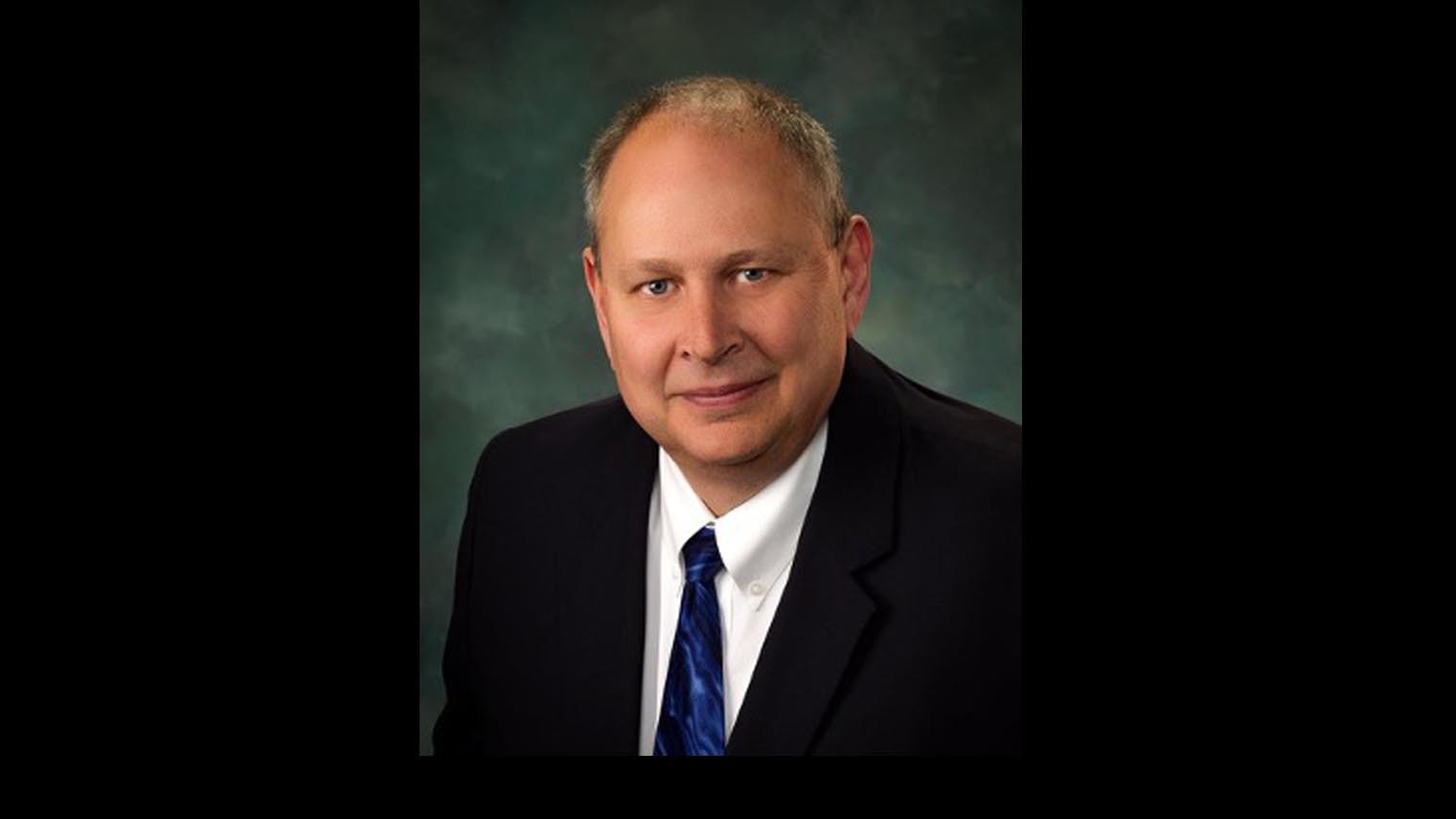Our Wyoming forefathers had the brilliant insight, by constitution, to limit the number of days the legislature can be in session.
Article 3 Section 6 of the Wyoming Constitution says the legislature shall not meet for more than 60 legislative working days, excluding Sundays, during the term for which members of the House of Representatives are elected, except when called into special session. By statute, the legislature decided to meet 40 days in odd-numbered years for a general session, and 20 days in even-numbered years for a budget session.
Those time limits minimize the damage the legislature can do to the Wyoming public. In large measure, they also make a citizen legislature possible.
Time is the key enemy of legislation. Leadership needs time management skills to make sure the people’s business is completed.
When I was Majority Floor Leader I would say, “That sound you hear in the distance is the sound of bills screaming as they fall off a cliff and die because we ran out of time.”
Let’s examine the time math. In a 40-day legislative session, there are only so many minutes available for debate. The first day is taken up largely by ceremony. The last three days are swallowed up by waiting for bills to be reported out of committee or conference committee. Debate on those days is limited.
For three days, each session, debate is exclusively on the budget bill.
In the past, the legislature has adjourned early, leaving another two or three days on the table.
In addition, during each day, there are articles of business that swallow up precious time. In the house at the beginning of the session, there is a handshake greeting period. There are committee reports, special events, greetings of celebrities, and members introducing folks from home who came to visit. That usually takes an hour a day.
Votes on the second and third reading usually take an hour.
So, in a typical legislative day, there are three hours available for debate.
Recently it has become vogue in political circles to have roll call votes on every procedural vote on every bill. Each roll call vote swallows up about three minutes. Calculation of the wasted time on the numerous roll calls is hard.
Rumor has it there are about 900 bill drafts circulating amongst legislators. All those bills won’t make it out of the House Speaker or Senate President’s desk. Many will. Assume 300 bills make it to the floor for debate.
The legislative schedule is pretty rigid. Committees meet before session, during lunch and after session. The legislature has a morning session from 10 until 12. It also has an afternoon session from 2 until 5. Generally, there are five hours in a business day for the legislature to meet and conduct business.
Sometimes, the legislature will extend their sessions into the night. It has been my experience that debate gets pretty ragged after about 5:30 p.m., because the legislators get tired. The quality of the legislation is pretty poor by the end of those long debates. Those extended days are rare.
So, in the 31 days available for debate time with three hours per day available, there are only 93 hours of debate time available. If the hours are converted to minutes, there are 5,580 total minutes available for debate.
When one divides the total minutes available for debate by the number of bills, estimated at a conservative figure of 300 bills introduced, one gets a grand total of 18.6 minutes per bill of time available for debate on each bill. That is precious little time to consider multi-page laws that will be placed on our books affecting our individual rights.
One thing we do know is no one wants hastily considered laws placed on our books. If the legislature does not carefully consider each piece of legislation, and the effects of the language of each bill, we get unconstitutional, unintelligible crap in our statute books.
The point is, bills will die. Good legislation will die.
We are all better off if we see carefully-considered and well-debated bills, where the language of the bill is skillfully crafted to avoid unintended consequences. The public at large are victimized by legislation long on rhetoric and short on careful consideration.
The simple math of limited legislative session places careful consideration of each bill at risk. Leadership will have to be disciplined in ensuring each bill that comes to the floor gets the scrutiny it needs so poorly-worded crap does not tamper with the public’s rights.
Let me end by apologizing for a mistake I made in my last column. While I work to make my columns as factually accurate as I possibly can, sometimes I make a mistake.
Last week, when I was describing the McCarthy hearings of the 1950’s, I referred to Eugene McCarthy, instead of Joseph McCarthy.
Eugene McCarthy was a U.S. Representative and Senator from Minnesota who ran unsuccessfully for President.
Joseph R. McCarthy was a U.S. Senator from Wisconsin, who was a key figure the anti-communist hearings of the 1950’s. His popularity faded after the suicide of Wyoming Senator Lester Hunt. I apologize for my error.
Tom Lubnau served in the Wyoming Legislature from 2004 - 2015 and is a former Speaker of the House. He can be reached at: YourInputAppreciated@gmail.com





